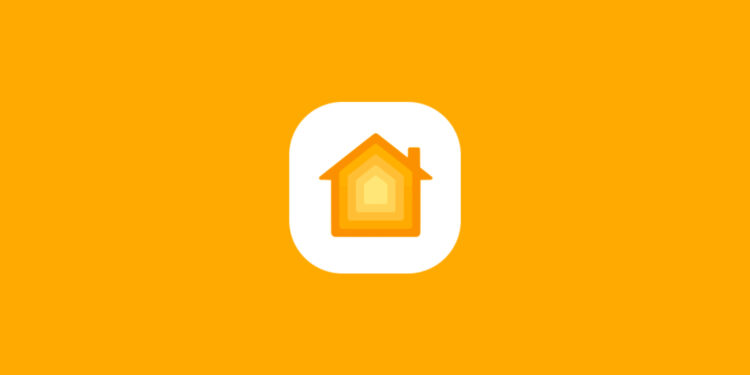Anyone who wants to build a smart home and relies on Apple devices knows the problem: not every device works with Apple's HomeKit system without any problems. What was particularly annoying up until now was that manufacturers had to go through an additional certification process to officially label their products as HomeKit compatible. But now there is a significant change. Apple has announced that it will recognize Matter certifications, which should make things easier for users and manufacturers alike.
Apple is known for its high standards and strict controls when it comes to integrating devices into the HomeKit ecosystem. At the same time, the introduction of the cross-manufacturer standard Matter has revolutionized home automation. Matter allows devices from different manufacturers to communicate seamlessly with each other. However, the double certification required by Apple was an obstacle that deterred many manufacturers. the new regulation Apple now seems to be taking a step towards manufacturers, but some restrictions remain.
Matter and HomeKit – an overview
Matter is a standard that was developed to make devices from different manufacturers compatible with each other. Whether Apple, Google, Samsung or others: devices that meet the Matter standard should be able to communicate with each other without any problems. The aim is to make home automation easier and more accessible. Apple has now announced that it will accept Matter certifications carried out at the Alliance Interop Lab in Portland, Oregon. This eliminates the additional certification process that was previously necessary to obtain the "Works with Apple Home" label.
What changes for you as a user?
It will be easier for you to find HomeKit-compatible devices in the future. Devices that carry the Matter certificate are now automatically compatible with Apple's system. This means less confusion and more choice. Manufacturers also benefit because they can bring new products to market faster and more cost-effectively. Apple has committed to accepting test results from Matter devices from the Alliance Interop Lab, which speeds up the market launch. Two new features that are relevant for manufacturers are particularly noteworthy:
- The “Fast Track Recertification Program” allows new versions of already Matter-certified devices to be tested more quickly.
- Portfolio Certification facilitates the certification of entire series of similar products, saving time and money.
The limits of the new regulation
Despite the positive development, there are some restrictions. Initially, the new regulation only applies to future certifications. Devices that are already in circulation do not automatically benefit from the simplification. In addition, the regulation only affects already established device types. New categories such as solar panels or heat pumps, which were only recently included in the standard through Matter 1.4, are initially left out. Another problem is Apple's slow implementation of the Matter standards. Although Matter 1.4 has already been released, Apple has not even integrated all of the functions of the one-year-old version 1.2. This means that many devices are not compatible with HomeKit for the time being, despite being Matter certified.
An example: robot vacuum cleaner
A particularly noticeable lag is evident in the support for robot vacuum cleaners. At WWDC 2024, Apple announced that it would integrate this class of device into iOS 18. However, this function is not yet available. According to a footnote on the HomeKit website, support will not start until early 2025 - and even then only to a limited extent. For example, controlling robot vacuum cleaners using Siri will initially only be possible in US English.
Apple opens doors – but not all barriers are removed
The decision to recognize Matter certifications is a step in the right direction. It makes it easier for you as a user to find HomeKit-compatible devices and makes it easier for manufacturers to develop new products. Nevertheless, Apple is falling short of expectations when it comes to fully integrating Matter standards. As long as Apple does not support all device types and functions, the use of HomeKit will remain limited for many. If you are planning new smart devices for your home, it is therefore worth continuing to take a close look. Check whether the device you want is actually compatible with HomeKit, even if it meets the Matter standard. With a little patience, however, the benefits of the new regulation could soon be noticeable in your home. (Image: Apple)





